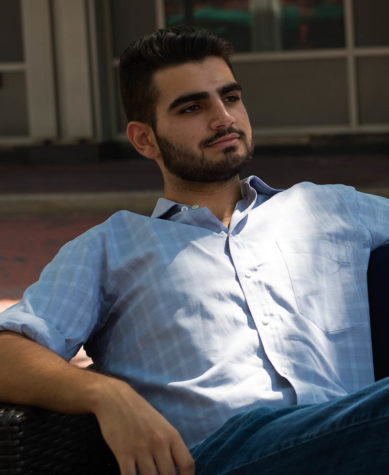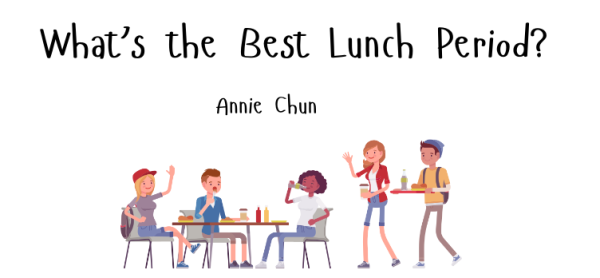Your Passport for Digital Citizenship
High School is difficult. Perhaps this statement might be an unpopular opinion, but I think there is an argument to be made. Think about it, the world is more competitive than ever, colleges are cut throat, your grades follow you until the end of time, and to top it all off, social life is a pain in the ass.
I am being facetious of course, everyone knows that the four years between middle school and college is a psychological meat grinder filled with more disappointment than any human should be able to produce. Without a doubt, “social life”, if you would call it that is the worst part. In today’s hyper connected world of 6 second pictures, 140 character blurbs, and anonymous discussion, it is hard to believe that ours phones ever stop buzzing. It is inevitable, if you are age fourteen through eighteen and live in Northern Virginia, you are on social media.
How fantastic is that? You can be in touch with anyone, anywhere, in seconds. You can amaze and wow people from across the globe, people you’ve never even met. But as a young New York photographer once learned, with great power, comes great responsibility. Sure, that was likely in reference to Peter Parker’s super powers, but the idea carries over well.
Everything that anyone taps out through that magic glass screen in they carry in their pocket becomes immortalized in cyberspace. That video you posted in 8th grade introducing “your viewers” to your dog, the one that your aunt liked and shared on Facebook. That is out there somewhere. Every cool and awesome thing you’ve shared is floating around on someone’s hard drive, and every regrettable action just the same.
And it was with that knowledge in mind that birthed the Digital Citizenship Expo; a coalition of teachers who decided they would be proactive in the best way they knew how, they would teach.
The Digital Expo itself is an informational program dedicated to providing parents with the knowledge to help their student develop healthy online habits. With multiple seminars covering a myriad of different topics ranging from “Selfie Culture” to “Leaving a Digital Footprint”, and, of course, the elephant in the room: Sexting. After an introduction to The Expo, parents were free to go to any of the eight seminars around the school. There, they would find a teacher from a local Middle or High School presenting on their topic for around half an hour, and in several seminars, a student panel waiting to discuss with the audience after the presentation.
At the head of the Digital Citizenship Program is FCPS Educational Specialist, Tammy Sisk. Mrs.Sisk presented her seminar on sexting at the most recent Oakton HS hosted expo, and has spearheaded efforts in remedying the lackadaisical approach students have towards the digital world. During her seminar she shed light on several facets of the sexting paradigm, but perhaps her most important points were on legality, and causality. “Sexting falls under the Commonwealth of VA laws around the distribution, possession and production of pornography”, says Sisk, which is a scary thought by itself. But not only is the activity unsavory in itself , it’s illegal.
According to Virginia state law: “if someone simply has such images on their cell phones, shares…or creates them using their cell phones, they may be found guilty of a felony. (Code of Virginia §§ 18.2-374.1 and 18.2-374.1:1)”. Sexting isn’t harmless fun the way many may view it to be, it is a choice with very serious implications. Felony charges dictate where you can live, what job you can have, and even where you can go to school. They change everything about living in America. But even more terrifying is that juvenile sexting isn’t just a class 6 felony with a fine and up to five years of jail time, it can land you on a list you never want to be on; The sex offender registry.
Even with this knowledge, according to a 2013 Associated Press study, 11% of teen aged students with cell phones claim to have distributed sexual photos online. And Sisk has a great deal of experience with paradoxical behaviour, citing that “when [she] talks with students, they can usually identify what is appropriate and inappropriate, but they aren’t controlling their actions”. The Digital Citizenship Expo is about giving students the attentive support they need to make smarter choices in day to day life, especially when choices can have life long impact.
So welcome to the internet, enjoy your stay. Be smart about choices and careful of what you share, and it will only work to make your world great.

An Editor In Chief of the Oakton Outlook, musician, mountain man, politically inclined and philosophically compelled. Several years of writing, traveling,...




